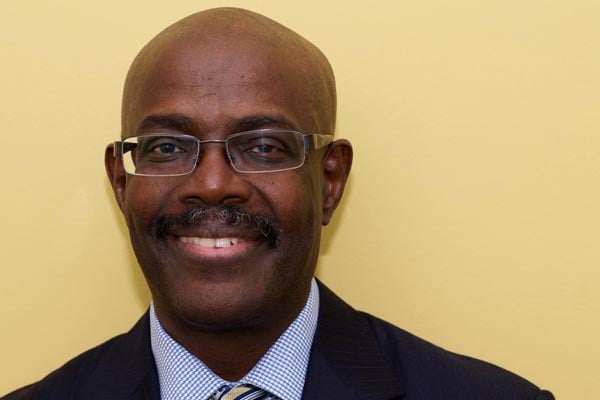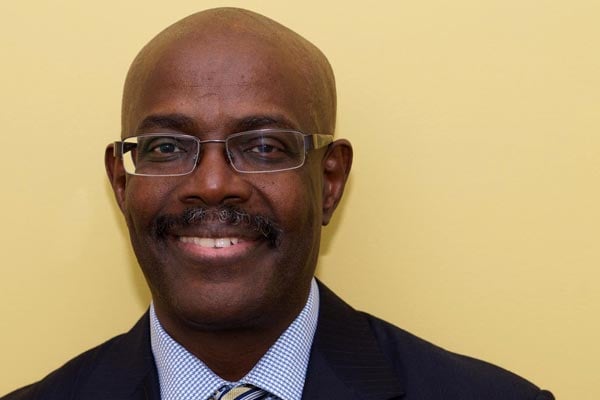Prime
Educated elite’s shameless exploitation of Museveni’s generosity

What you need to know:
- The exploited communities often defend their exploitative kinsmen, a Stockholm Syndrome of sorts, where the exploited fight hard to defend the honour of their exploiters.
Dear Tingasiga:
A friend asked me why Banyakigyezi in Uganda seemed to be unable to form sustainable organizations.
He cited the Kigezi National Bank of Commerce, the ICOB-Uganda Chapter as examples.
I did not have a clear answer, except that greed and bad politics had hobbled the country, and the elite in politics loved to exploit their communities to secure personal privileges, without considering the consequences.
In 2014, a small group of members of the ICOB-Uganda Chapter travelled to Rwakitura, ostensibly to offer to broker a truce between Museveni and Amama Mbabazi, when the latter was gunning for the presidency.
Upon sensing that Museveni was eager to engage allies to help him fight off Mbabazi, the small group, led by a retired Anglican bishop, instantly formed something called Banyakigezi Elders’ Forum, got themselves about Shs800 million from the public purse, bought a building in downtown Kabaare, and a motor vehicle.
One of them got a chunk from that money to fund an interesting and useful series of books about the clans of Abanyakigezi.
The deal did not prevent Mbabazi from contesting the presidency in 2016.
That is if they even talked to him at all. Ironically, it is that so-called forum, now in its ninth year, that needs mediation, perhaps by Mbabazi, acting on behalf of Museveni.
The Forum exists on paper, unknown to the elders of Kigyezi, a battlefield for contested ownership, and close encounters with money lenders and bankruptcy.
The latest installment in this game is contained in a letter, dated May 8, 2023, addressed to President Museveni, asking him to fund a trip, complete with air tickets and hotel accommodation, for the enjoyment of five individuals, all of them members and leaders of the former ICOB.
The purpose of their request is to secure free public money to attend a four-day global ICOB Convention in Boston, Massachusetts, USA. That convention will take place on July 6-10, 2023.
The letter, whose authenticity I have confirmed, was sent to me by a concerned citizen in my private capacity, not in my official role as president of ICOB.
What follows, therefore, are my personal observations and opinions, not those of ICOB.
Authored by John W. Bahana and Grace Mugabirwe Mutebile, leaders of the former ICOB-Uganda Chapter, the letter reminds President Museveni about the “guidance and support” he has given them and their colleagues in the past.
This is a euphemism for public funds he has given some Banyakigyezi in Kampala, to attend annual conventions of ICOB abroad.
They claim that it is very critical that ICOB Uganda is well represented at the Boston Convention “to share our common goal of enhancing our community with our fellow Banyakigezi in the diaspora (sic).”
If offered their wish, and if they fly economy class, the collective cost would be, at a minimum, Shs85 million ($22,643) for their four-day junket to the USA. To most Ugandans, this is an enormous amount of money.
To buttress their case, the authors inform Museveni that the ICOB-Uganda Chapter has registered “feasible strides within Kigezi region”, including the “promotion of education for girls through the Paulo Ngorogoza Education Fund and support to IT infrastructure.” Two issues invite immediate comment.
The Uganda Chapter of ICOB no longer exists.
A very small, unrepresentative group of the Uganda Chapter’s leaders withdrew its membership from ICOB on March 21, 2021, because those leaders were not willing to abide by the Bylaws of the global ICOB Organization.
While there is still a registered entity in Uganda called ICOB-Uganda Chapter, it is a branch that severed itself from its tree and therefore has no legitimacy.
The defunct chapter in Uganda does not share a “common goal” with the diaspora organization. The central goal of the global ICOB is to give back to Banyakigyezi in Uganda, not to exploit them for personal gain.
ICOB stands for sacrificial giving, not for exploitative profiting from the plight of their community back home.
The Global ICOB organization operates with transparency and honest disclosure, not deceptive claims of success.
The claim that the defunct ICOB-Uganda Chapter has promoted education for girls through the Paulo Ngorogoza Education Fund and Support to IT infrastructure is a case in point.
ICOB-Uganda Chapter was never involved in the work of the global ICOB organization to fund technical education in Kigyezi Region.
The Paul Ngorogoza Girls’ Education Fund was started at a meeting of ICOB-Uganda Chapter in Kanungu in December 2014.
The idea was to provide free education at Kabale University to one girl from each of the four districts that constituted Kigyezi at that time, and girls from Banyakigyezi migrant communities in Tooro, Bunyoro, and Ankole.
About Shs20-30 million was raised in 2014. Notwithstanding the efforts of Kabale University to get the program going, the money sat unused until only last October when scholarships were offered to six girls.
The six girls’ combined annual tuition fee is Shs12,708,000 (US$ 3,385). The total cost of educating these six girls to graduation is Shs 48,800,000 (US$ 13,000).
What if, instead of the leaders of ICOB-Uganda chapter asking Museveni to fund their trips abroad, they had asked for scholarships for Banyakigezi girls starting in 2015?
If we assume a conservative estimate of only seven government funded delegates to these conventions abroad, at a cost of US$ 3,000 each, we get an annual expenditure of $21,000. Multiply that by five years and you get US$ 105,000.
If this money had been transparently channelled to the Paulo Ngorogoza Girls’ Scholarship Fund, a minimum of 31 students would have already been admitted to Kabale University since 2015.
Incidentally, another scholarship idea aborted under the watch of one of the leaders of the former ICOB-Uganda Chapter.
To honour the late Frank Kalimuzo, the first African Vice Chancellor of Makerere University (1970-72), Professor Joy Kwesiga, the Chancellor of Kabale University, proposed a Kigyezi-wide scholarship in his name.
The idea was soon altered to be managed by the Kisoro Development Association, and cater for students from Bufumbira only, tenable at Kabale University.
Two annual lectures in honor of Kalimuzo were held. They were graced by President Museveni himself, who first donated Shs20 million (US$ 5,300), then additional money.
Then the Kalimuzo lectures ended. A Kalimuzo scholarship committee never met. However, a total six students from Bufumbira were sent to Kabale University over three successive years. Their scholarships were never funded.
The university absorbed the cost. The scholarship money was not accounted for. This pattern of dysfunction, greed and scandals partially answers my friend’s question.
The educated elite’s shameless exploitation of Museveni’s generosity, and their unapologetic parasitism, while claiming to do so in the interests of “the community”, quickly sabotage the organizations.
Interestingly, the exploited communities often defend their exploitative kinsmen, a Stockholm Syndrome of sorts, where the exploited fight hard to defend the honour of their exploiters. Sobering.
Muniini K. Mulera is Ugandan-Canadian social and political observer. [email protected]




